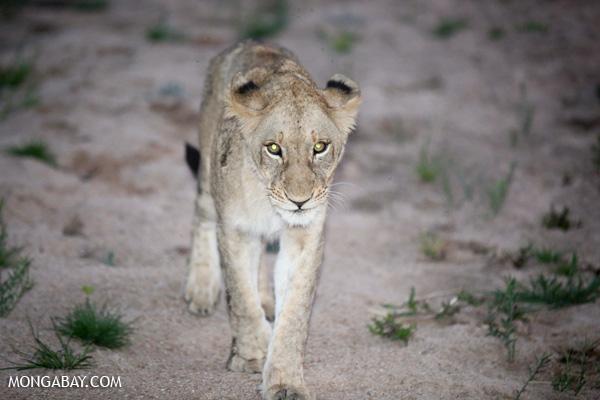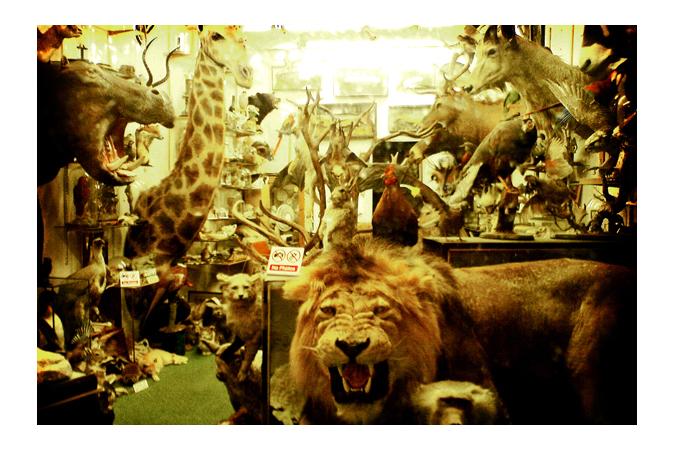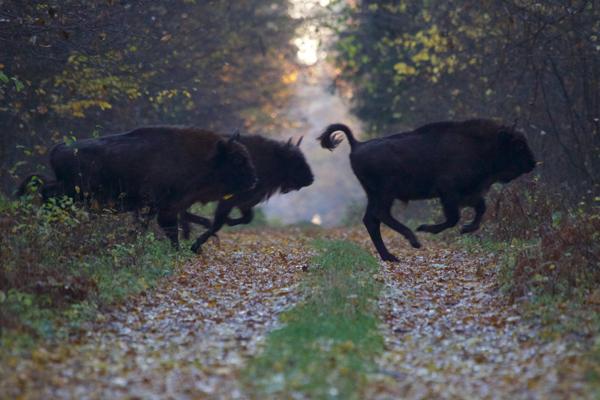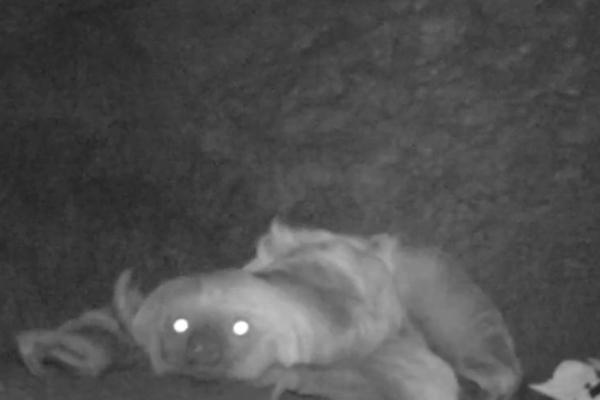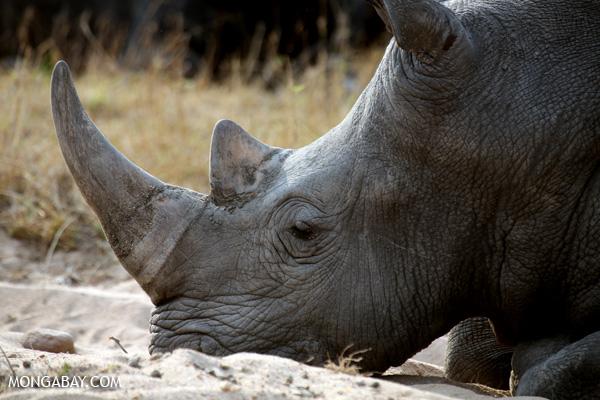Last month, Australia became the world’s first country to ban the import or export of lion trophies, often taken from so-called canned hunting where lions are raised solely to be shot by foreign hunters.
“These new rules mean that if you go overseas and engage in the appalling act of canned hunting, you can forget about bringing your lion trophies back to Australia,” said Greg Hunt, Australia’s Environment Minister. “You don’t deserve the right to celebrate the slaughter of these amazing creatures.”
Lions have been decimated across Africa due to habitat loss, prey decline, human-lion conflict, snaring, poaching, poisoning, and, some conservationists argue, legal hunting. Today some 20,000-40,000 lions roam the continent, down from 100,000 a half century ago. The situation has become so dire that some conservationists believe all remaining lion populations should be fenced in. Even more worryingly the West African lion--a distinct subspecies—is down to just 250 animals but, at least a few years ago, was still legally hunted in some countries.
Lions have also become increasingly targeted for their bones and body parts, as substitutes for tiger parts in Asia. The species is currently classified as Vulnerable by the IUCN Red List.
This article was written by Jeremy Hance, a contributing writer for news.mongabay.com. This article was republished with permission, original article here.
